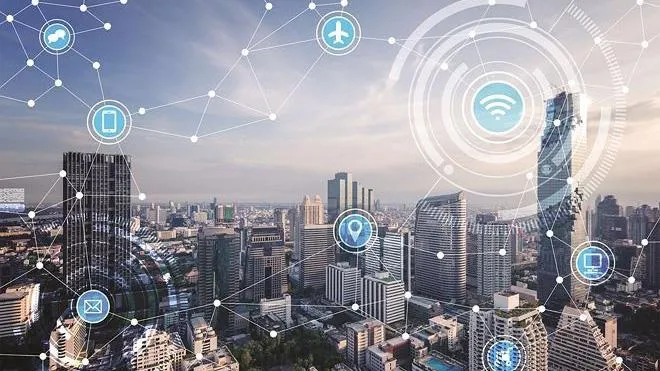
According to the report of the Ministry of Construction on the development of smart cities in the period of 2018-2025, 29/43 localities (before the administrative unit arrangement) have completed the implementation of the provincial data sharing integration platform (LGSP) and connected to the national data sharing integration platform (NGSP). 19/43 localities have built a shared database or provincial data center. The Ministry of Public Security has deployed Project 06 on population data, connecting with 15 ministries, branches and localities... The Government has been creating a mechanism to allow testing of new technologies and business models that are not yet regulated by law within the scope of space, time and controlled risks (regulatory sandbox).
A draft decree on smart city development is being developed, aiming to unify perceptions, form a legal framework, and clearly define the responsibilities of the subjects. The decree will also specify the maturity levels of smart cities, assigning the Ministry of Construction to issue a set of indicators and guidance on assessment criteria. Another important point is the post-pilot support mechanism: successfully implemented products and services will be prioritized in public procurement activities, creating motivation for businesses to participate in innovation.
However, reality shows that there are still many difficulties: data is scattered, lacks connectivity; human resources are not yet available; implementation is still sporadic, fragmented and mostly in pilot form. To overcome these challenges, the "key" to opening up truly smart cities is close coordination between the government and the people. Field reflection services have been deployed by many localities, strengthening the connection between the people and the government in detecting and handling urban problems in a timely manner. Mobile applications such as Hue-S, SmartAnGiang, Bien Hoa SmartCity, Phu Quoc - Kien Giang... have allowed people to interact with the government and enjoy smart services.
Citizens are the “living sensors” of the city. They provide data, participate in management, monitoring, reflect on the current situation and give suggestions for improving services. This two-way interaction helps the government make decisions more quickly and accurately, while ensuring that public services are increasingly close to real needs, moving towards a truly smart city.
Source: https://www.sggp.org.vn/thuc-day-phat-trien-do-thi-thong-minh-post811152.html



![[Photo] Celebration of the 65th Anniversary of the Establishment of Diplomatic Relations between Vietnam and Cuba](https://vphoto.vietnam.vn/thumb/1200x675/vietnam/resource/IMAGE/2025/9/1/0ed159f3f19344e497ab652956b15cca)
![[Photo] National Assembly Chairman Tran Thanh Man receives Cambodian Senate President Hun Sen](https://vphoto.vietnam.vn/thumb/1200x675/vietnam/resource/IMAGE/2025/9/1/7a90c9b1c1484321bbb0fadceef6559b)
![[Photo] General Secretary receives heads of political party delegations from countries attending the 80th anniversary of our country's National Day](https://vphoto.vietnam.vn/thumb/1200x675/vietnam/resource/IMAGE/2025/9/1/ad0cb56026294afcae85480562c2e790)
![[Photo] Solemn reception to celebrate the 80th anniversary of the National Day of the Socialist Republic of Vietnam](https://vphoto.vietnam.vn/thumb/1200x675/vietnam/resource/IMAGE/2025/9/1/e86d78396477453cbfab255db1e2bdb1)
![[Photo] People eagerly wait all night for the parade on the morning of September 2](https://vphoto.vietnam.vn/thumb/1200x675/vietnam/resource/IMAGE/2025/9/1/0cf8423e8a4e454094f0bace35c9a392)
![[Photo] Chu Dau Ceramics – Proud of Vietnamese identity at Exhibition A80](https://vphoto.vietnam.vn/thumb/1200x675/vietnam/resource/IMAGE/2025/9/1/c62ab2fc69664657b3f03bea2c59c90e)


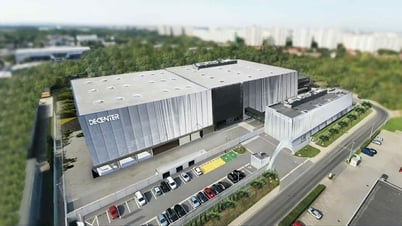

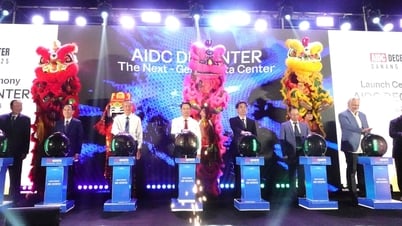



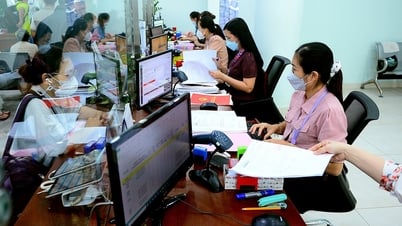
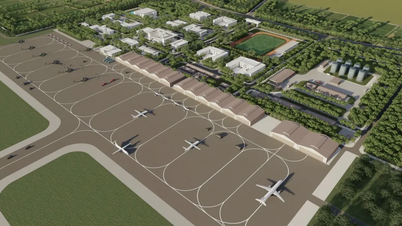
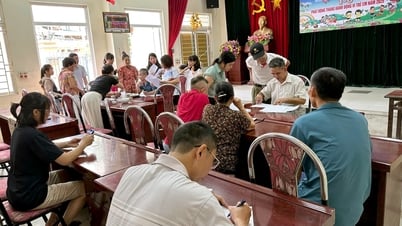


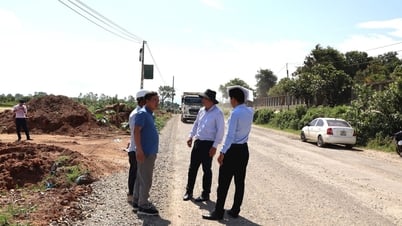



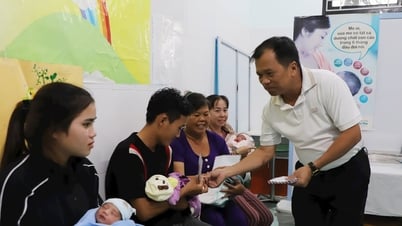






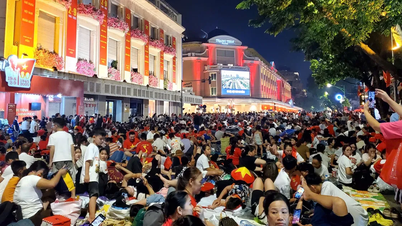
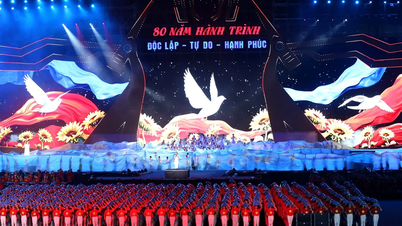
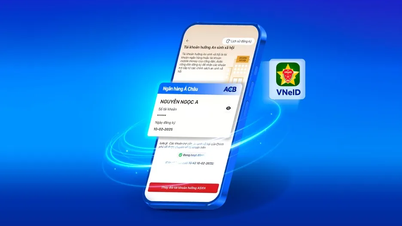

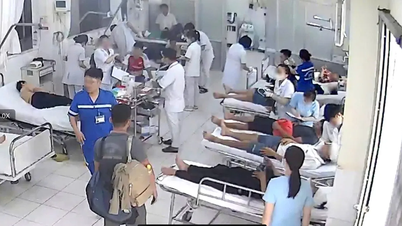
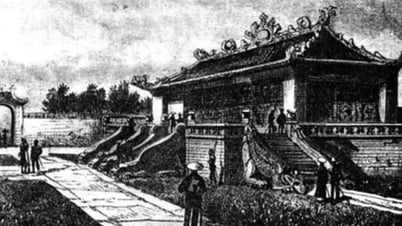

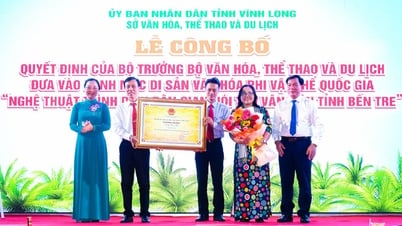

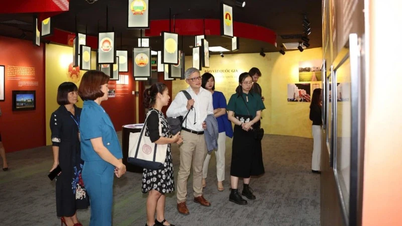







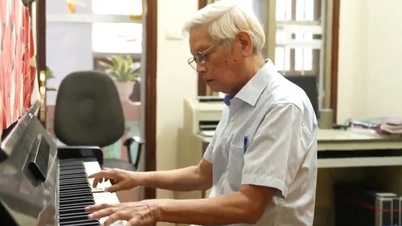
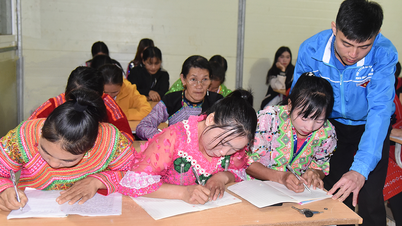



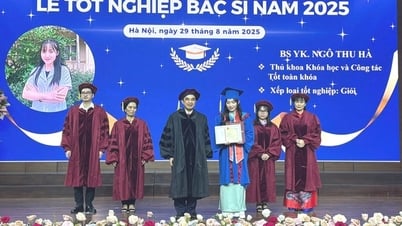






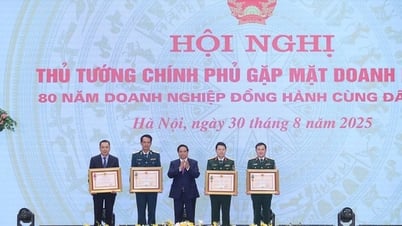



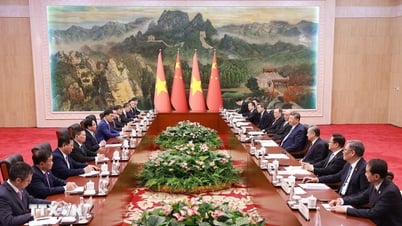

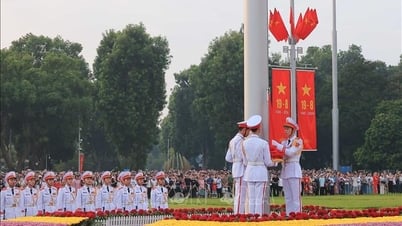





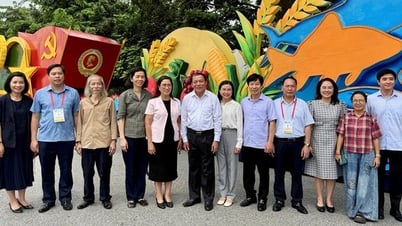
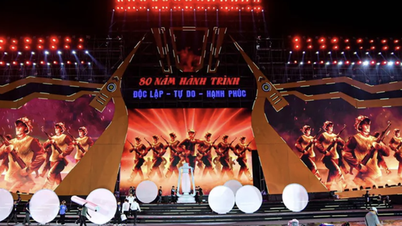


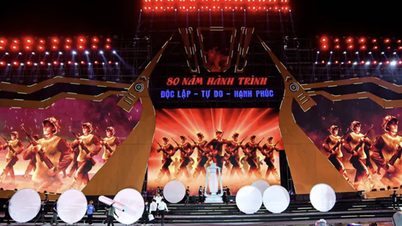

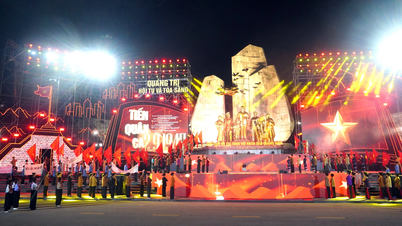










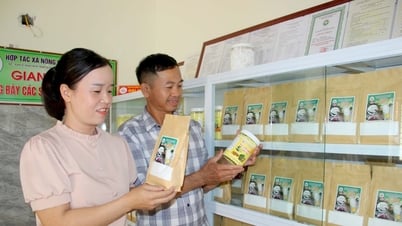



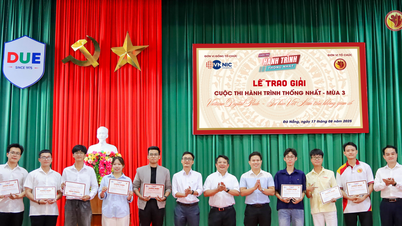






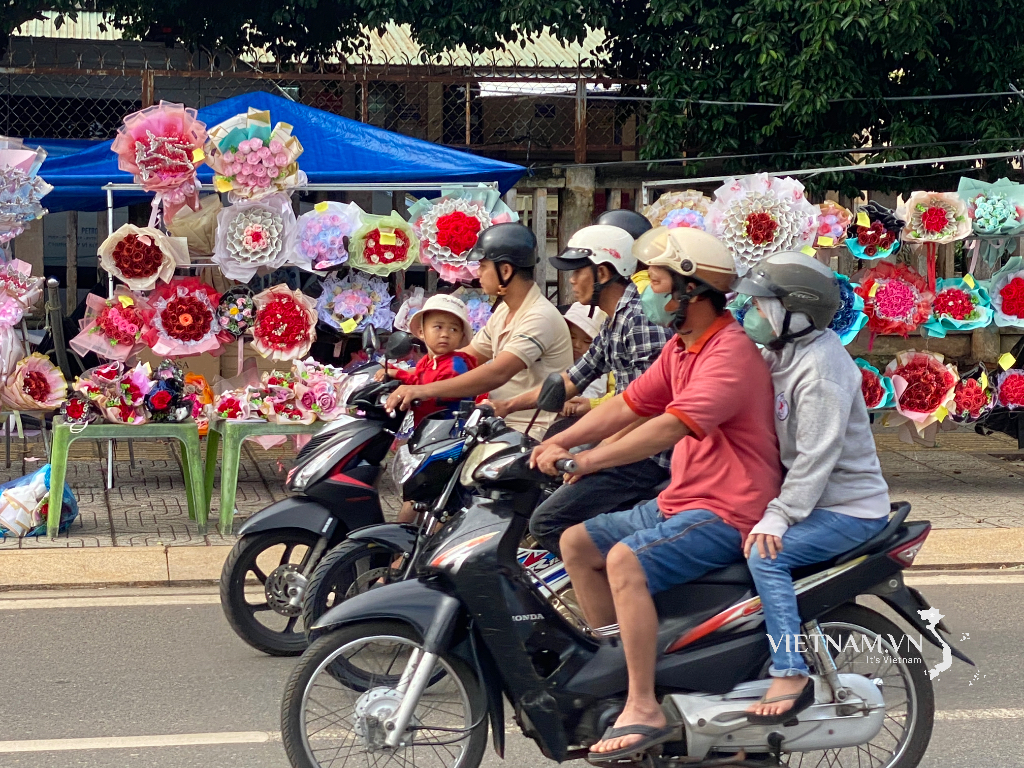
Comment (0)